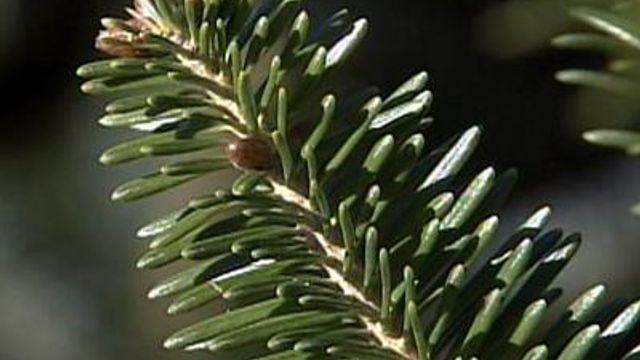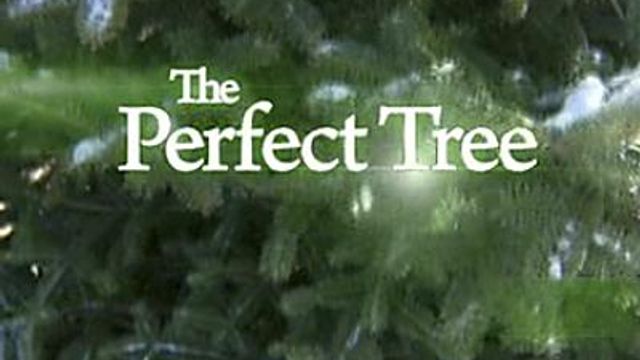Real vs. fake: How 'green' is your tree?
Chopping down a tree might not seem Earth-friendly, but Christmas tree growers say their product is the green option. Not everyone agrees.
Posted — UpdatedAfter a couple years of artificial Christmas trees, Brandyn Strother decided to go natural last year.
“We wanted to start building more of a tradition with the family,” he said.
Chopping down a tree might not seem Earth-friendly, but Christmas tree growers say their product is the green option. Not everyone agrees.
“For every one tree that’s cut, there (are) at least two or three trees every year to replace that … It’s a good return on the investment,” said Byron May with Jordan Lake Christmas Tree Farm.
After Christmas, trees can be recycled into mulch or artificial fish habitats.
“There's nothing that goes to waste. The trees have value when they're growing and after they're cut,” May said.
The American Christmas Tree Association, a California-based non-profit organization that promotes use of artificial trees, says those are better for the environment. The group says its own study shows driving to cut down a Christmas tree every year contributes to pollution.
Last year, the state's 1,600 Christmas tree growers sold about 5.5 million trees, according to Linda Gragg, executive director of the N.C. Christmas Tree Association.
• Credits
Copyright 2024 by Capitol Broadcasting Company. All rights reserved. This material may not be published, broadcast, rewritten or redistributed.






